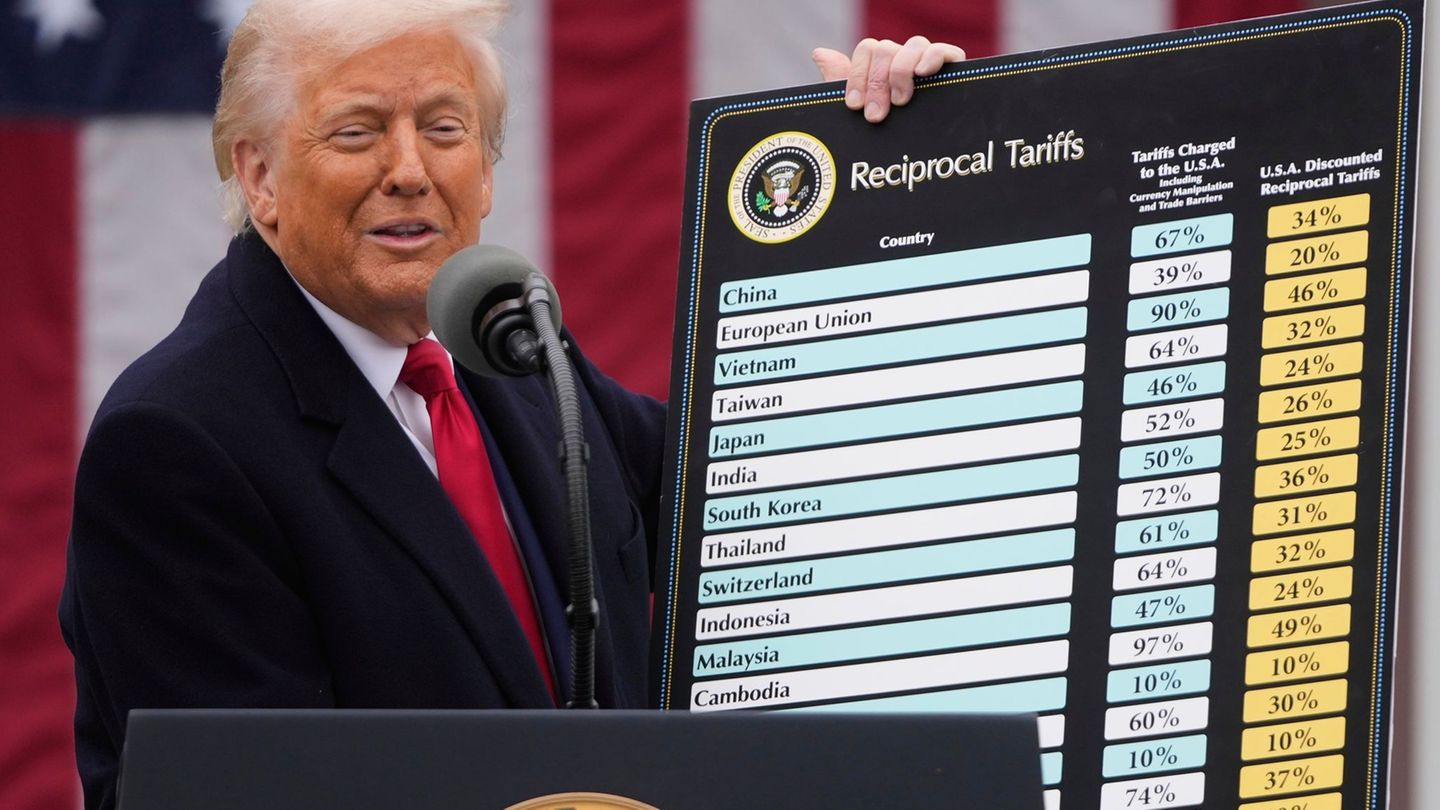Easing supply bottlenecks and falling energy prices. According to the Bundesbank, these are two factors that are boosting economic output in Germany again. But what about private consumption?
After stagnating at the beginning of the year, the Bundesbank expects economic growth in Germany to return in the spring. “In the second quarter of 2023, economic output should increase again slightly,” writes the Bundesbank in its monthly report published on Wednesday. “Easing supply bottlenecks, the high backlog of orders and lower energy prices are helping the recovery in industry to continue. This should also support exports, especially as the global economy has regained some momentum.”
The Bundesbank expects little impetus from private consumption, which failed to support the economy in the first three months of the year due to inflation. “The real net income of private households should at least not fall further due to the sharp rise in wages, despite persistently high inflation. Private consumption is therefore likely to stagnate,” write the economists.
The rate of inflation
The comparatively high inflation is eroding the purchasing power of consumers. You can afford less for one euro. “In view of the continued extremely high price increases for non-energy components, especially food”, the Bundesbank predicts that the rate of inflation will only drop very gradually.
The European Central Bank is aiming for price stability with two percent inflation in the medium term. The monetary watchdogs are attempting to contain inflation with a series of interest rate hikes. Bundesbank President Joachim Nagel confirmed in a speech on Tuesday evening that several interest rate hikes were still needed to get inflation under control in the long term.
According to preliminary data from the Federal Statistical Office, the gross domestic product in Germany stagnated in the first quarter compared to the previous quarter. Europe’s largest economy narrowly avoided a winter recession. At the end of 2022, economic output had fallen by 0.5 percent. On Thursday, the Wiesbaden authority will publish details on economic development in the first three months.
Source: Stern




